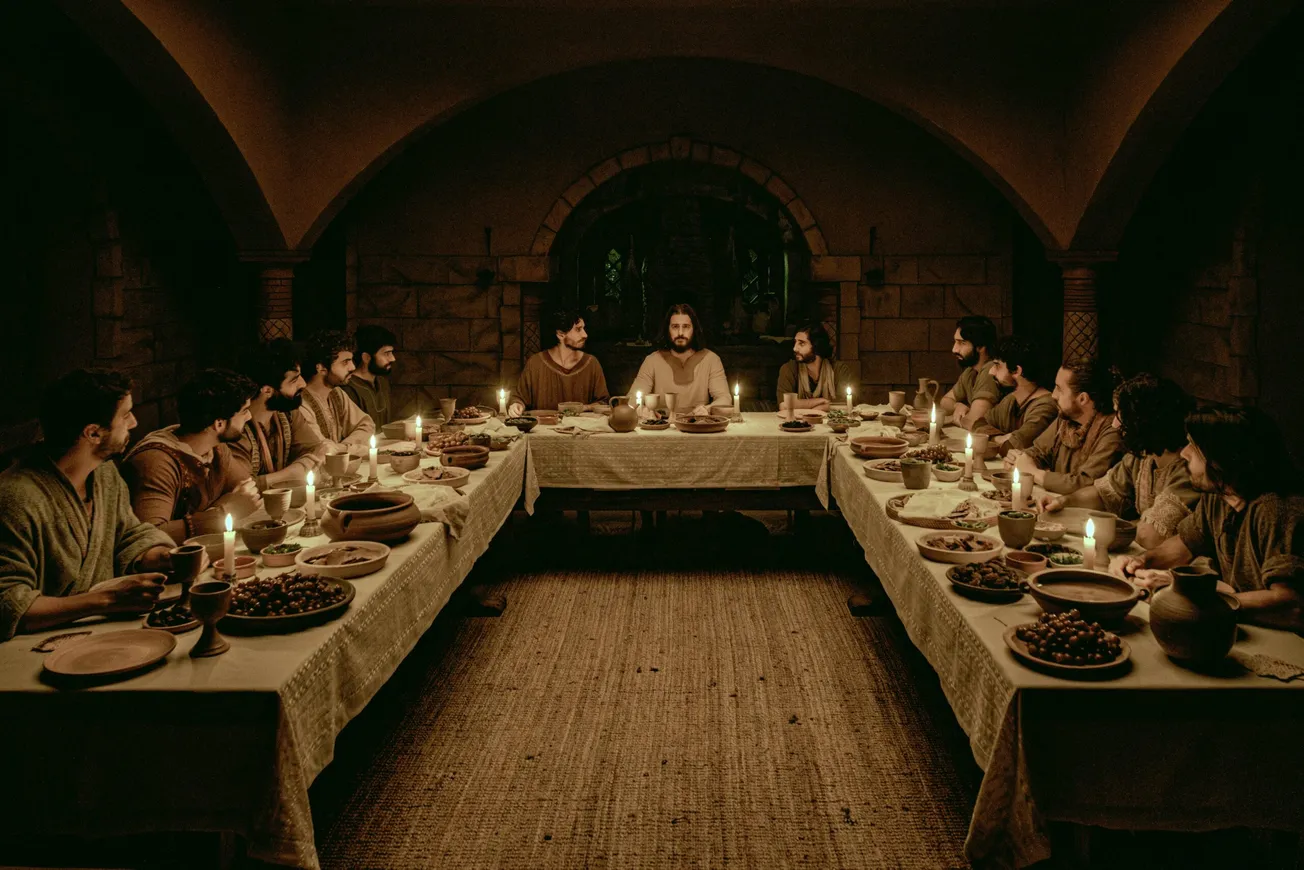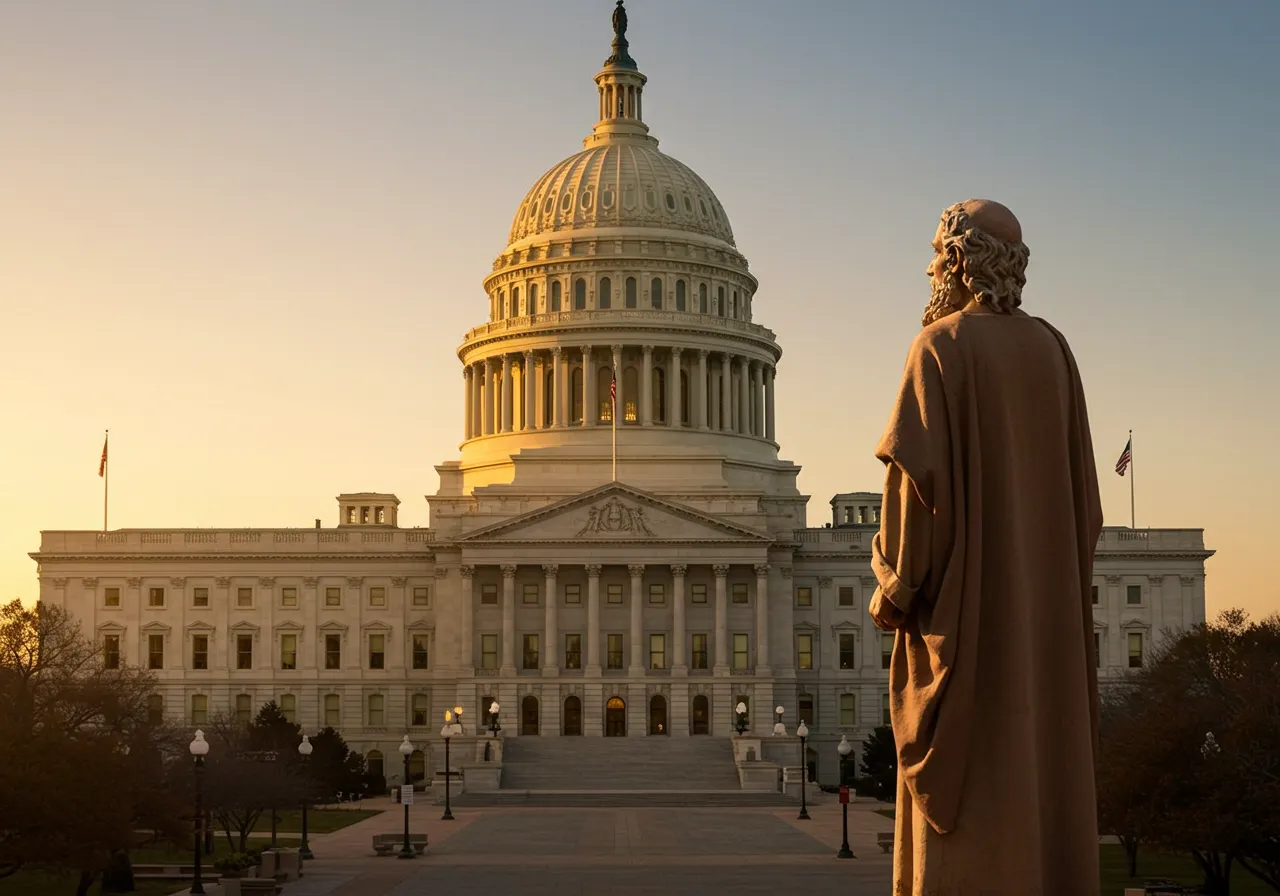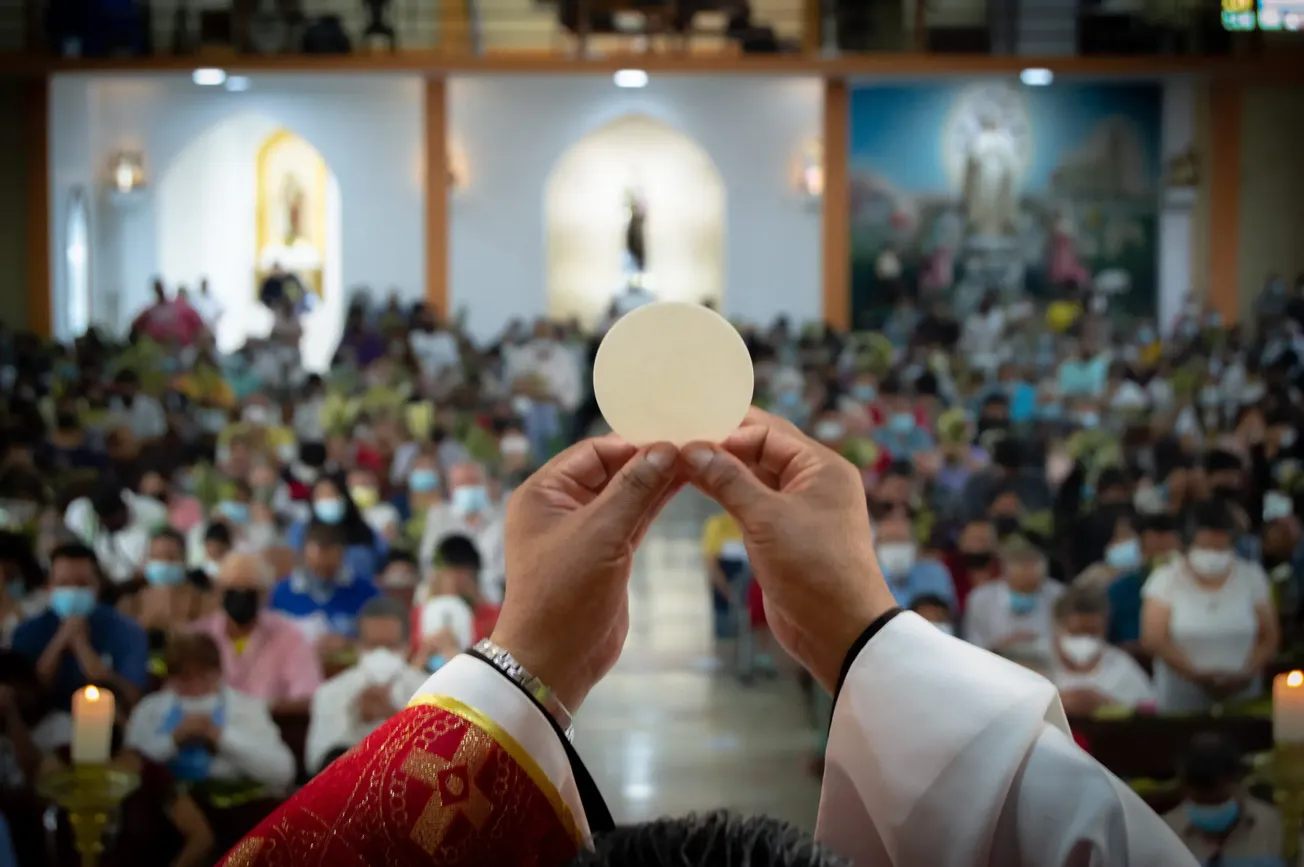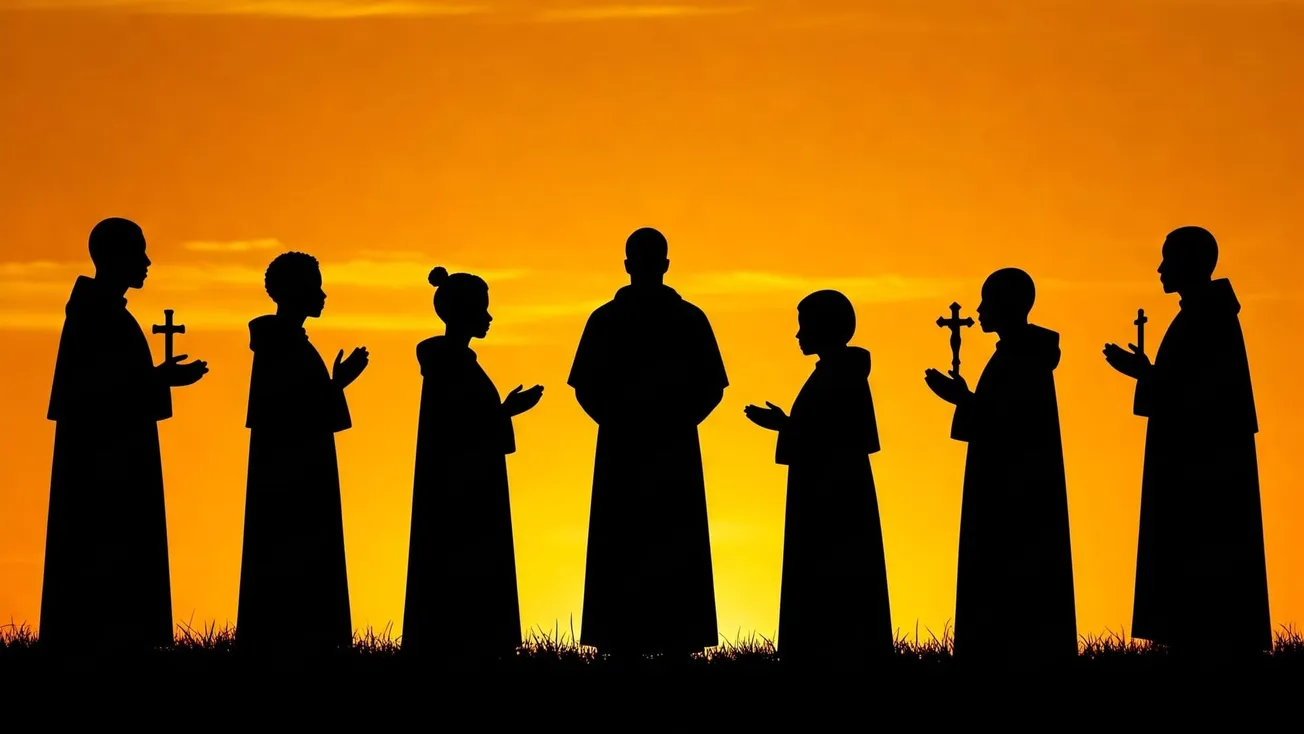Dr. Martin Luther King Jr. is highly admired by the current pontiff, Pope Francis, and was also by the three before him: St. Paul VI, St. John Paul II, and the recently deceased Benedict XVI. This makes me wonder: why haven’t the African American Catholics on the path to sainthood, who foreshadowed King as civil rights activists, been canonized yet in the Catholic Church?
For the record, Pope John XXIII died in 1963, two months before King delivered his famous “I Have a Dream Speech.” On May 6, 1962, Pope John had canonized the first (and, to date, the only) Black saint in the Western Hemisphere, the Peruvian friar Martin de Porres, OP. John Paul I died in 1978, just 33 days after he became pope and far too soon to reveal his attitudes concerning King. But certainly the other four popes have spoken of King in the most positive and supportive ways. His dream and the racial justice movement were praised as consistent with the Gospel of Jesus Christ.
Sr Annette Beecham, former superior general of the Oblate Sisters of Providence, reminded us of a striking truth in her Baltimore Afro-American essay of a few years ago, “Before there was Martin, Malcolm or Medgar, there was Mother Mary Lange.” Sr Annette pointed out that Servant of God Lange’s commitment to teaching the children of the enslaved to read at a time when it was illegal was bold, rooted in the Gospel truth that all are equal in the eyes of God. Lange, with three other sisters, started St. Frances Academy in 1828—more than a century before King was born and 32 years before the Civil War. Lange and her sisters may very well have been among the earliest practitioners of “good trouble.”
Pope Paul held an audience with King at the Vatican on September 18, 1964, and encouraged him in his struggle for racial justice. The following were the words of the pontiff upon hearing the news of King’s assassination three and a half years later:
“Our pain becomes greater and more fearful because of the violent and disorderly reactions that his sad death has provoked. But our hope also grows as we see that in responsible corners and from healthy hearts grows the desire and the commitment to draw from the iniquitous killing of Martin Luther King an effective overcoming of racial struggles, in hopes of establishing laws and methods of coexistence more in conformity with modern civilization and Christian brotherhood.”
Similarly, Pope John Paul II spoke on September 12, 1987, in New Orleans to the African-American community of that city. He touted “the Providential role” in King’s mission, and even seemed to think of God and King as “co-workers”, to borrow a phrase from King’s 1963 “Letter from a Birmingham Jail.” John Paul II pointed out the meaning of King’s work, and its purposefulness in “contributing to the rightful human betterment of Black Americans and therefore to the improvement of American society itself.”
A January 14, 2000, piece by John Rivera of the Baltimore Sun covered the landmark effort of the US Catholic bishops to list King as a 20th-century Christian martyr. In the article, it was reported that Pope John Paul II included Martin Luther King, Jr. among 10,000 others commemorated in a Mass celebrated in Rome that year. The fact that King was not Catholic might be the reason that the event did not lead to an official beatification or canonization.
Pope Benedict XVI came to Washington, DC on April 16, 2008, and in his remarks during the welcoming ceremony stated that “faith in God has been “a constant inspiration and driving force” in the movement King led against “slavery and in the civil rights movement.” The pope met with King’s daughter, Rev. Bernice King, in New York City two days later.
The current Bishop of Rome, Pope Francis, came to America in 2015 and addressed a joint meeting of the US Congress. During his remarks, Pope Francis praised the nation for fostering “a culture which enables people to “dream” of full rights for all their brothers and sisters, as Martin Luther King sought to do.” Francis also praised King in a message to his daughter in 2021, saying that “it is imperative to see people in the truth of our shared dignity as children of Almighty God.”
Given the deserved high regard for MLK, we must acknowledge that the African-American Catholic candidates for sainthood made strong, similar statements as King’s with their lives of justice, fairness, and equality in the eyes of God. Even so, they are not fully recognized by their own Catholic Church.
Servants of God Mary Lange, Julia Greeley, Thea Bowman, and Martin Maria Ward; and Venerable Augustus Tolton, Henriette DeLille, and Pierre Toussaint faced racial prejudice, discrimination, segregation, and dehumanization, as well as public hostilities. They steadfastly supported social change that included racial integration, charity in the hope of change, and cultural equity. They were advocates who suffered for the humanity of all.
Fr Bryan Massingale, associate professor of moral theology at Fordham University, shed some light on the seeming contradiction:
“Most Americans today are committed to the values of interracial decency and respect. However, opposition to full equality now takes the form of various strategies employed to justify and defend white privilege, entitlement and social dominance.”
(Racial Justice and the Catholic Church)
In 2023, there are no Black saints from the United States while there are eight White ones. At the very least, this appears to be a relic of the overt White Supremacy once practiced in this nation—including by the Catholic Church. Racial exclusion is outmoded and sadly anachronistic. It is time for the Church to discard the most visible reminder of the bad old days. It is time for Pope Francis, his advising cardinals in the Dicastery for the Causes of Saints, and the US Conference of Catholic Bishops to make a strong, clear statement to Catholics everywhere that one cannot be a good Catholic and a White Supremacist at the same time.
“If the Catholic Church is to be viable, meaningful, and relevant in twenty-first century U.S. society, it must become a proactive force for racial justice,” wrote Massingale in his book.
The most proactive thing Catholic Church leaders can do today is to canonize the African-American candidates for sainthood. The situation is wrong now; it must be fixed now. All relics of racial exclusion must go. That is the true meaning of what Dr. Martin Luther King Jr. stood for. And standing even before him were our saintly Black Catholics.
Ralph E. Moore Jr. is a lifelong Black Catholic, educated by the Oblate Sisters of Providence and the Jesuits. He has served on various committees on race, racism, and poverty for the Archdiocese of Baltimore. He is a married man with two children and four grandchildren. He is currently a weekly columnist for the Afro-American and a member of the St. Ann Social Justice Committee. He can be reached at vpcs@yahoo.com.










